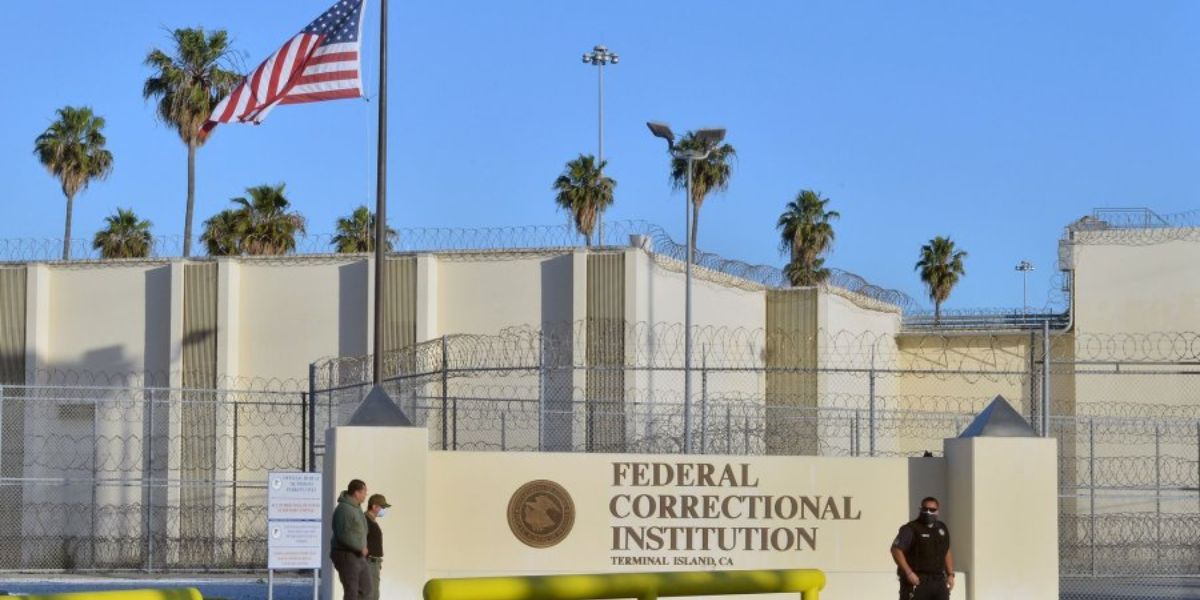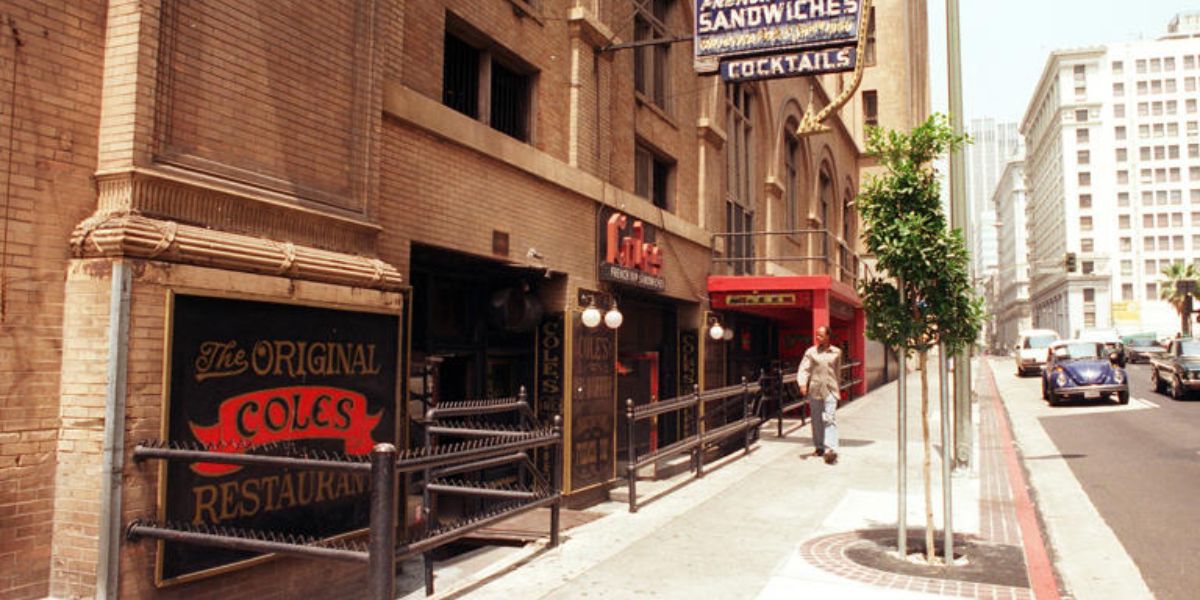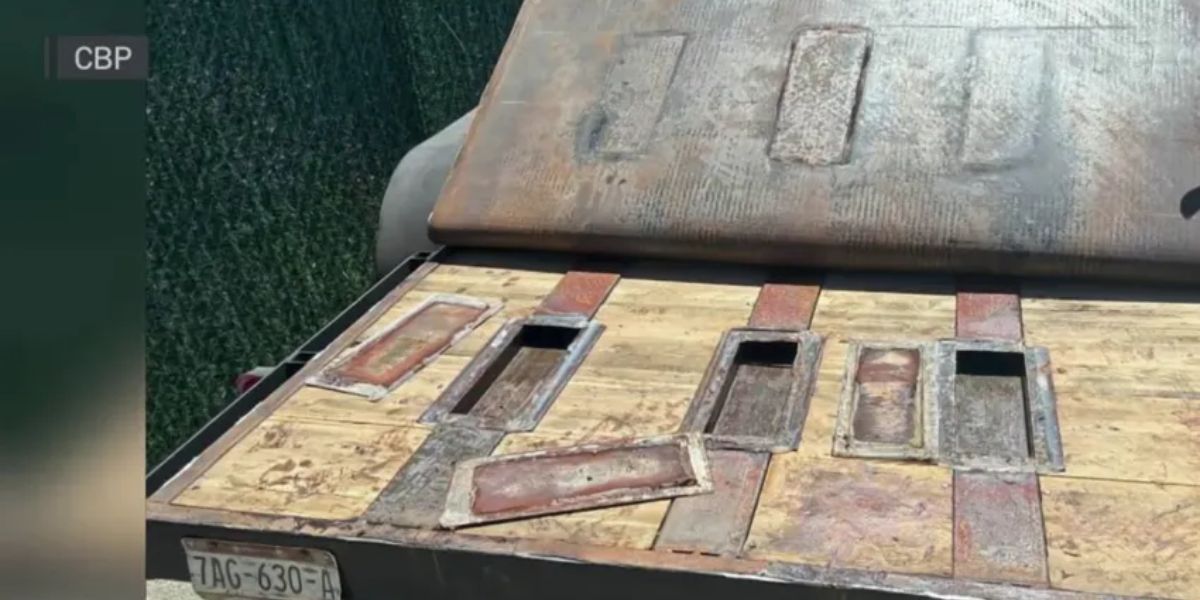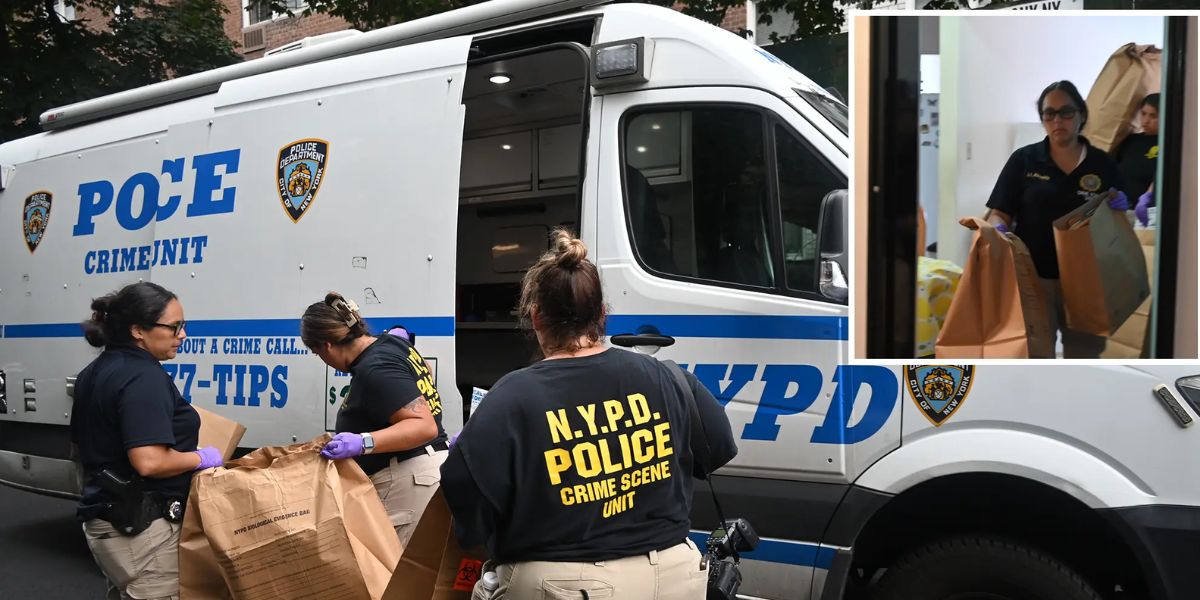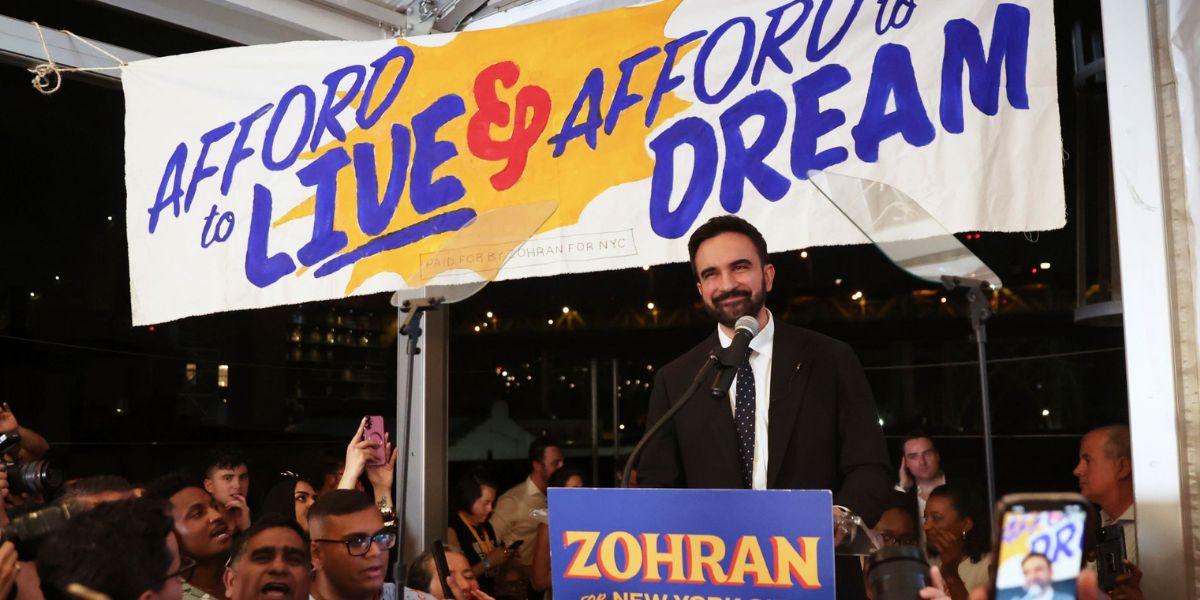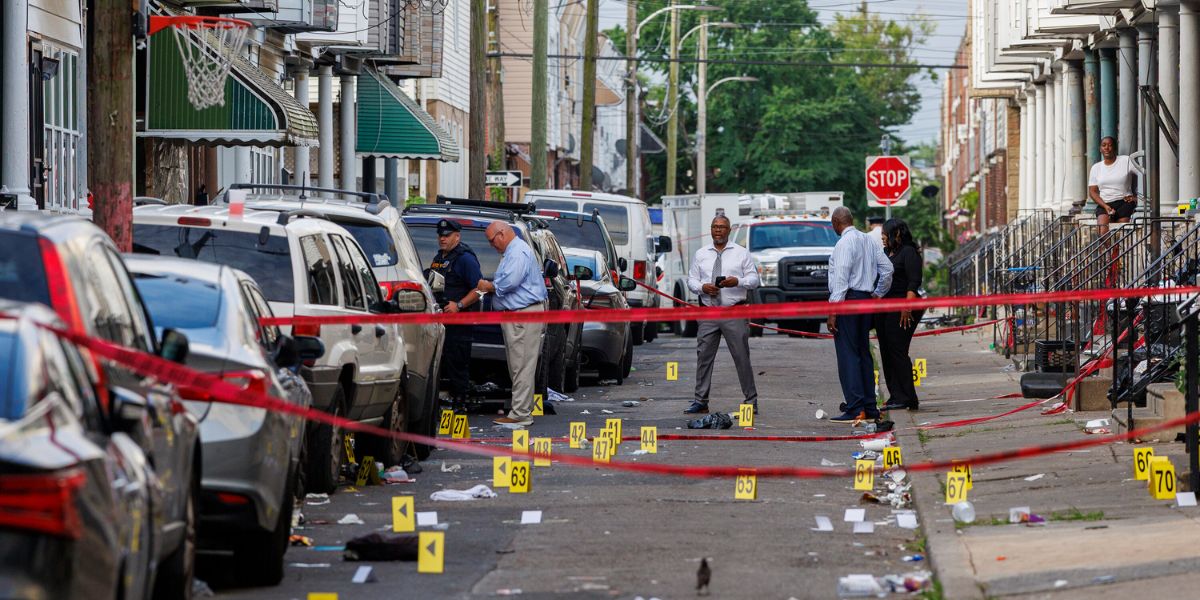SACRAMENTO, CALIFORNIA — Over 200 civil-rights organizations have come together to urge California Gov. Gavin Newsom to use his constitutional powers to commute the death sentences of more than 500 inmates currently on death row in the state.
The groups argue that California’s death penalty system is not only broken but also deeply racist and unconstitutional.
Michael Mendoza, national criminal justice director for LatinoJustice PRLDEF, called the measure a necessary step in ensuring justice for marginalized communities. “California’s death penalty system is not only broken, it is deeply racist and unconstitutional,” Mendoza said in a statement.
The Call for Clemency
The push for clemency comes as advocates point to overwhelming evidence of racial bias in how the death penalty is carried out in California.
The state’s death row, one of the largest in the world, is disproportionately populated by people of color. 69% of those on death row are people of color, and one-third are Black. Additionally, advocates highlight that a significant portion of those on death row suffer from serious mental health issues or intellectual disabilities.
On Thursday, civil rights leaders and advocates will gather at California’s State Capitol in Sacramento to deliver a petition to Gov. Newsom.
The petition, signed by nearly 200 organizations, urges the governor to grant universal clemency to all 574 death row inmates.
The event will kick off with a public rally at 10:30 a.m. local time on the west steps of the Capitol, followed by a press conference with leaders from several well-known advocacy groups, including the American Civil Liberties Union (ACLU), Clemency California Coalition, and the Ella Baker Center for Human Rights.
The History of California’s Death Penalty
In 2012, a ballot measure to eliminate California’s death penalty narrowly failed, with 53% of voters voting to keep it. Since then, the state’s death row population has continued to grow, and the issue of racial bias and fairness in the system has persisted.
Last year, 26 people in the U.S. were sentenced to death, with 25 executions carried out. Meanwhile, California holds the largest death row block in the nation, with 574 inmates. Yet, the state has seen growing concerns over the fairness of its death penalty system.
The Impact on Disabled and Young Offenders
Civil rights groups also emphasize that the death penalty and the criminal justice system in general disproportionately affect disabled people and young offenders.
Eric Harris, a spokesperson for Disability Rights California, explained that one-third of those on death row have been diagnosed with serious mental illnesses, and many others suffer from intellectual disabilities.
Additionally, advocates note that nearly half of California’s death row inmates were convicted before turning 26, and some have spent more than 20 years on death row, with delays due to a lack of adequate legal representation.
Read Also: California Bill Takes Aim at Homelessness With Plan for Regional Housing Agency
“California’s death penalty is biased beyond repair,” said Morgan Zamora, prison advocacy manager at the Ella Baker Center for Human Rights in Oakland. “The time is now for Gov. Newsom to uphold California’s values of dignity, human rights, and equal justice by commuting the sentences of every person sitting on death row.”
A Historic Opportunity for California
California’s Attorney General and civil rights leaders argue that the time is right for the state to step up and lead by example.
“Now is the time for California to be a beacon of light for the rest of the country by protecting the civil rights and human dignity of the state’s most vulnerable residents,” said Vincent Pan, a spokesman for Chinese for Affirmative Action in San Francisco.
By commuting these sentences, California has the opportunity to reject its legacy of racial injustice and set a precedent for the rest of the country.
Advocates are hopeful that the move will signal a shift toward fairer treatment of marginalized communities within the criminal justice system.
What’s Next?
The next step is up to Gov. Gavin Newsom, who must decide whether to take action on the growing call for clemency. If Newsom grants the commutation, it would mark a significant moment in the ongoing national debate about the death penalty, racial justice, and reform in the U.S. criminal justice system.
The issue remains a key point of contention, but advocates are determined to push for change, citing the growing evidence of racial bias and the mental health issues that plague many of those on death row.
What Do You Think?
Do you believe Gov. Newsom should grant clemency to all those on death row in California? What role should racial bias and mental health issues play in the justice system? Share your thoughts in the comments below on RidgecrestPact.org.

